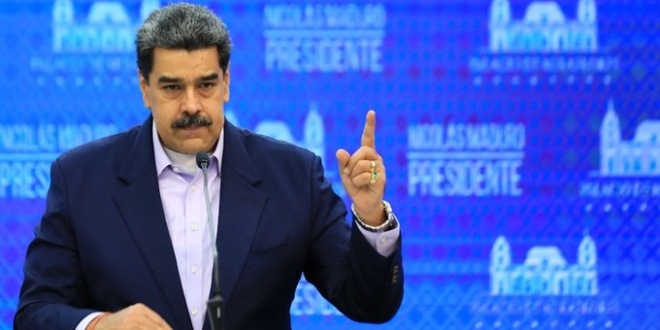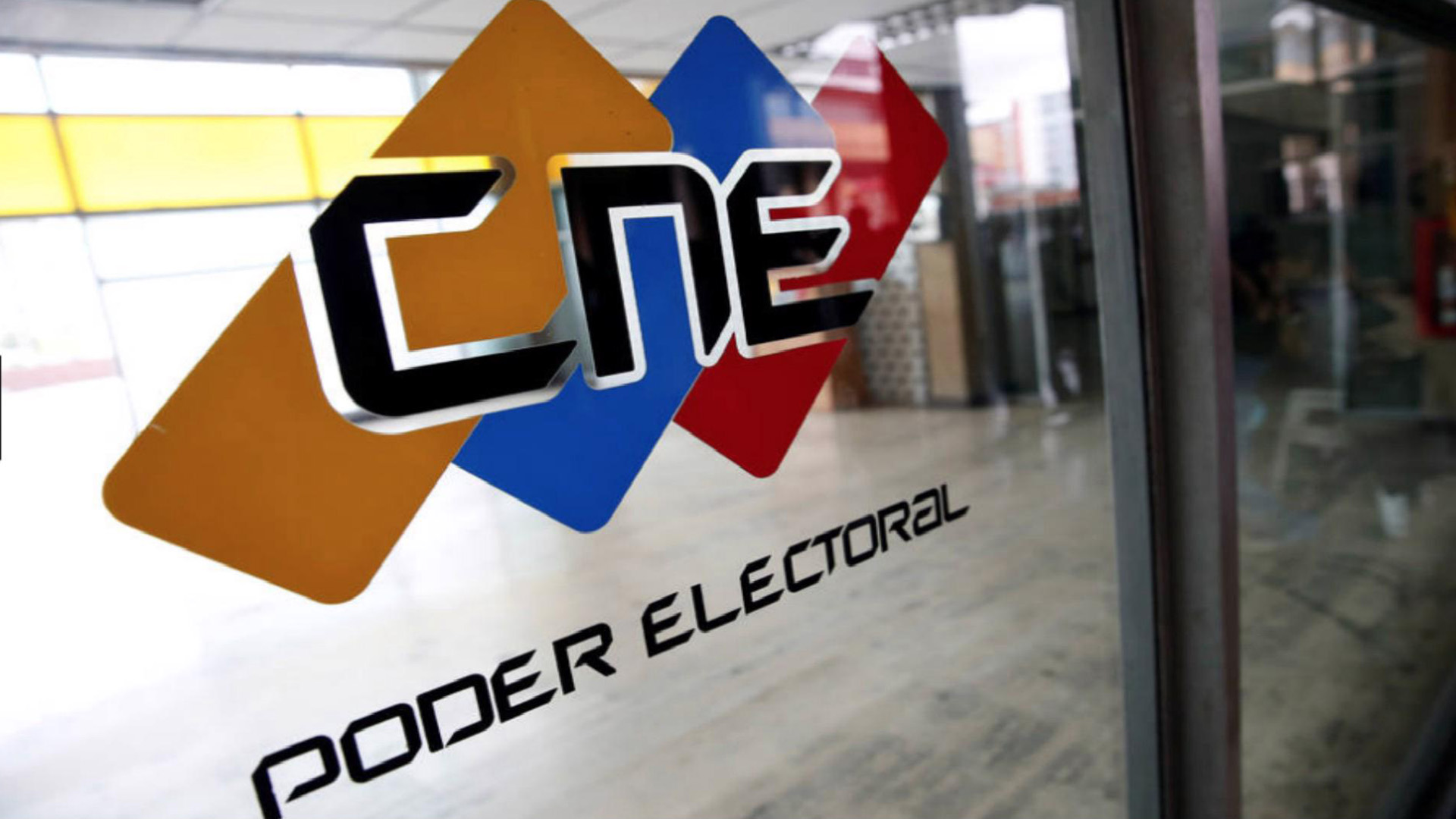The recent arbitrary detention and imprisonment of human rights defenders Javier Tarazona, Rafael Tarazona, and Omar García, members of Venezuelan NGO Fundaredes is the continuation of a widespread and systematic attack on the Venezuelan population and the selective repression of human rights defenders.
It is not an isolated event. It is the continuation of a State policy that, at least since 2014, has been deployed in a planned manner with the participation of senior State officials.
It is the same policy used to persecute members of Parliament, union leaders, and students, many of whom have ended up in prison or forced into exile.
The seriousness of the violation of human rights is such that the December 2020 report of the International Criminal Court Prosecutor’s Office established that, based on the information available at the Preliminary Examination stage, there is a reasonable basis to consider that, since at least 2017, civil authorities, members of the armed forces, and individuals in favor of the Government have committed the crimes against humanity of imprisonment or other serious deprivation of physical liberty in violation of fundamental norms of international law.
These crimes continue to be committed and add up to a case through which those responsible for their perpetration can begin to be investigated in the immediate future and held accountable.
The UN High Commissioner for Human Rights Michelle Bachelet pointed this out again during the presentation of her most recent report: “Restrictions on civic space continue to be a cause for concern. I highlight, in particular, the stigmatization, criminalization, and threats against dissenting voices, particularly towards civil society, media, and members of the opposition”.
In the case of the detention and imprisonment of the three Fundaredes human rights defenders, it is worth noting that the activists are being prosecuted by a supervisory court with competence in crimes of terrorism, while the charges are being made by a Public Ministry prosecutor. This is the Justice System used as an instrument for political persecution.
A public defender was appointed for the case without any consultation, thereby undermining their right to defense, which includes the possibility of appointing a defender of their trust. This violation was so evident that the High Commissioner mentioned during the presentation of her report that “the arrest of three members of Fundaredes just three days ago is a worrying example [of the criminalization of civil society]. I make use of this intervention to request urgent access to defense lawyers of their choice.”
On the other hand, before the imprisonment of Javier Tarazona, the Venezuelan government launched an intense campaign of stigmatization and criminalization with the direct participation of high-ranking government officials and the use of public media. The pattern of repression is repeated through smear campaigns that become part of the Venezuelan State’s strategy to persecute and arrest.
The entire campaign against the Fundaredes director and two other members of that organization, as well as their arbitrary detention, was carried out with the absolute silence of the Ombudsman. Thus, his complicity continues to add up to the file for the commission of serious violations which may constitute crimes against humanity.
The government has stated that the process at the International Criminal Court has advanced as a result of the opinions and information disseminated through social media, with the possibility of moving towards the investigation phase and, based on specific cases, the determination of responsibilities.
No, it is not the exercise of freedom of expression that allows us to move forward. It is the serious, systematic, and widespread violations of people’s rights; it is the dedication of the victims in their demand for justice, as well as the responsible and comprehensive documentation of civil society organizations, that allows the Court to independently fulfill its functions and work to end impunity.
The persecution, arbitrariness, arbitrary detentions, enforced disappearances, and violations of due process of the State’s policy against dissidents add up to the case of the International Criminal Court against those allegedly responsible for the crimes that have occurred and continue to occur in Venezuela.
There is no process against the Venezuelan State at the International Criminal Court. The process addresses individuals. Those who have had direct participation in the crimes and are part of the chains of command either from positions in the government, the police, or the military. They are people with first and last names, who could be brought before justice. Therefore, the assertions of government officials according to which the case is an action against the Republic is totally false.
Translated by José Rafael Medina




